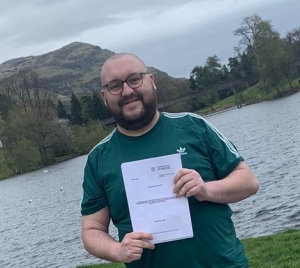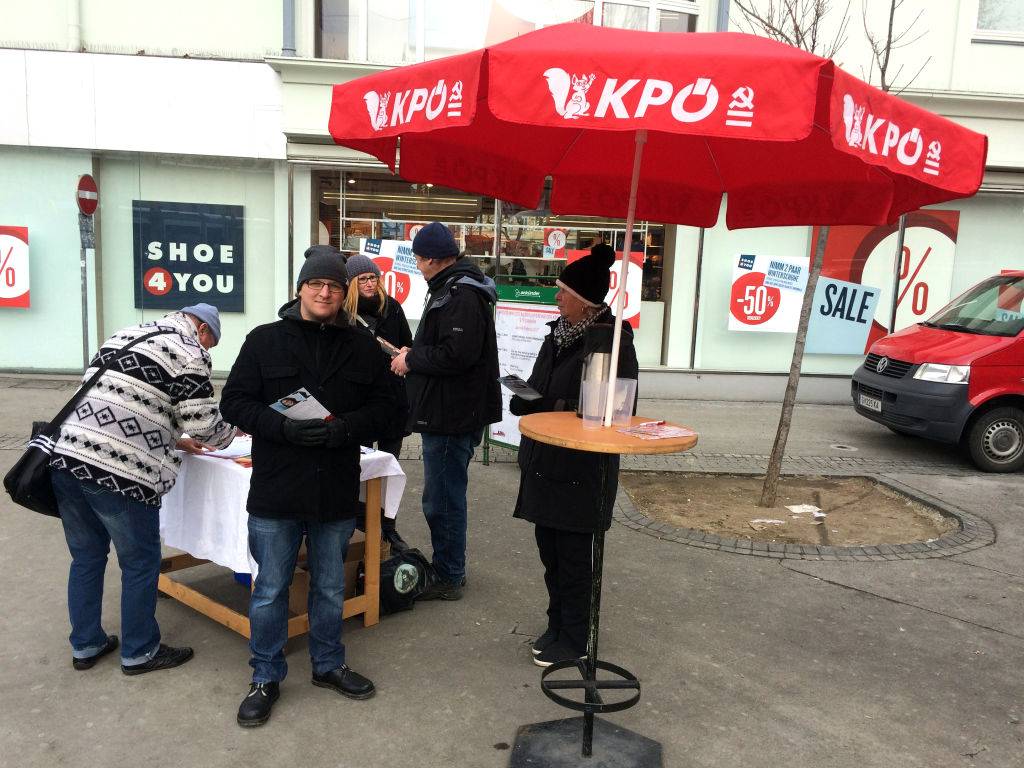
While the German speaking world may have been crowded around the TV to see whether Herr Schulz or Herr Laschet was to succeed Angela Merkel as Germany’s chancellor, Graz, the second largest city in Austria was about to contribute with some election drama of its own.
The KPÖ, Austria’s Communist Party, has unseated the conservative Austrian People’s Party (ÖVP) to gain a majority in Graz, riding a wave of working class discontent and gaining their first big victory in the nation in decades with their last parliamentary representation at the federal level being in 1959.
The KPÖ received more than 29% of the vote, according to partial results. That compares with 26% for the centre-right People’s Party – a 12 percentage-point drop compared with its previous election tally in 2017.
This isn’t merely a one-off protest vote either -the KPÖ have been consistently polling 2nd in the city since the year 2000, with the party winning a healthy 20.3% of the vote in 2017, which earned them 12 seats on the city council and city senate. The Greens and the SPÖ (social democrats) won only 11 seats between them.
So why is this? Well it must be something inherently local right? The KPÖ regularly poll around 1% at a national level, in a country where traditional class politics that dominated the 20th century have been replaced by a shift to the far right. Indeed when the Soviet Union fell in 1991, the KPÖ’s national leadership rejected Marxism-Leninism, dropped opposition to the European Union, and attempted to ‘modernise’. The people in the state of Styria (where Graz is) rejected such revisionism, and gained a level of autonomy from their national party.
To that end, the KPÖ in the region is a local institution; the political representation they have in the region has allowed them to generate revenue to open its own ‘Bildungsverein’, or educational association. Here would you find ideological teaching, and a venue for cultural pursuits.
In the vein of Fidel Castro’s “don’t talk about socialism, do socialist things”, the KPÖ has delivered for working people, stretching their resources to mean they are an engaged and present force in the community in Graz.
Since their first local election gains in 1988, they have set up an emergency hotline for tenants seeking counselling and legal advice in dealing with their landlords; elected officials have taken home €2000 of their €6000 monthly salary, donating the rest to working class people in need of relief.
“Communism is a utopia, it’s always a question of what you make of an idea,” KPÖ Graz party chairwoman Elke Kahr stated in a recent interview. “I’m proud to be in a party that’s always on the side of workers instead of corporations and financial advisors. I’m proud because Communists waged the most active resistance against the Nazis.”
Tom Flanagan



